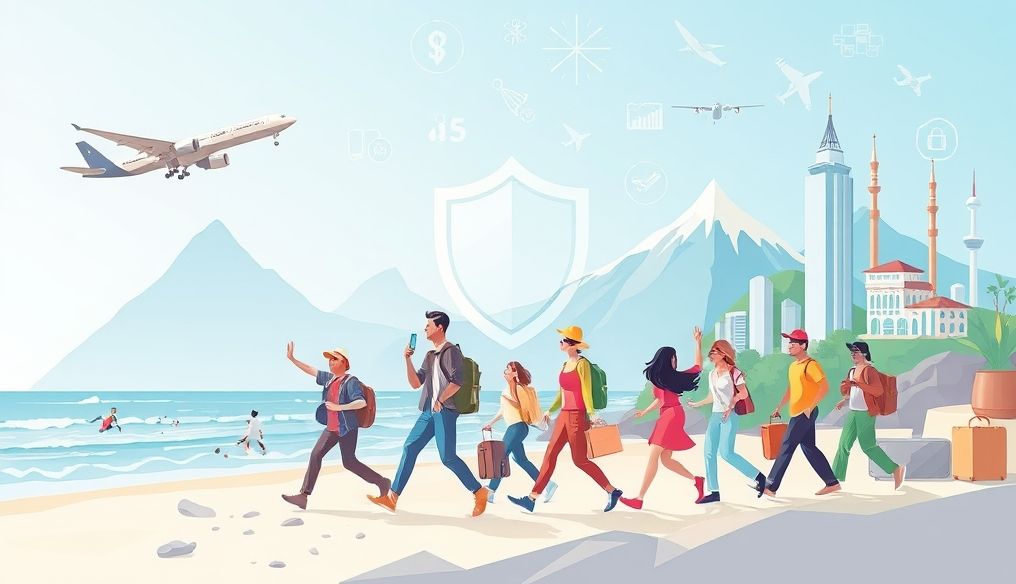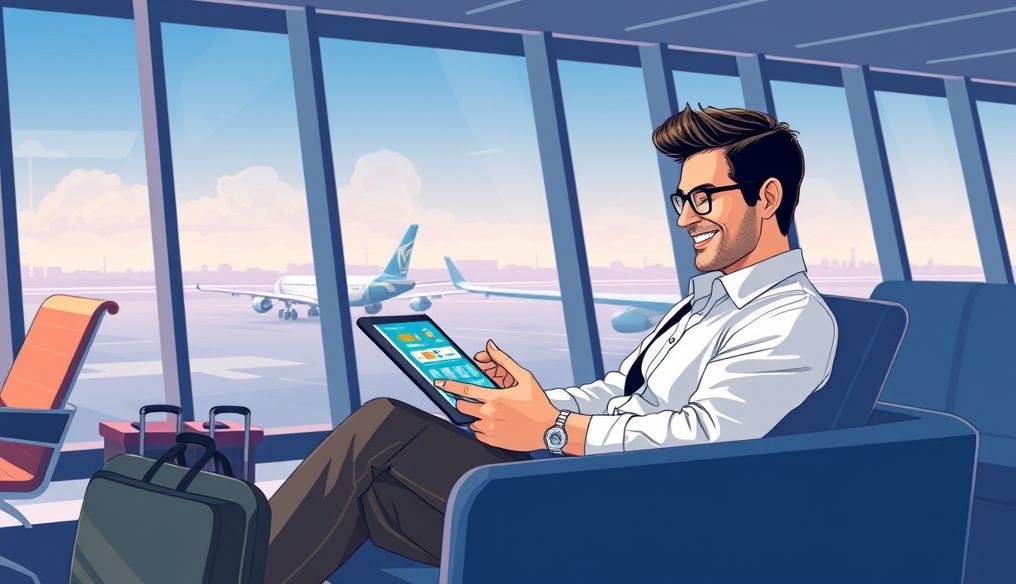How to Plan an Affordable and Enjoyable Trip?
Traveling presents an invaluable opportunity to discover the world, broaden horizons, and create lasting memories. However, it's often perceived as an expensive activity, deterring many from venturing out and exploring new destinations. The good news is that travel doesn't have to break the bank. With careful planning, thorough research, and some smart strategies, you can enjoy an affordable and enjoyable trip at the same time. This article provides you with a comprehensive guide on how to achieve that, starting from setting a budget and ending with leveraging available resources and enjoying an unforgettable travel experience.
Chapter 1: Setting a Budget and Defining Goals
The first and most important step in planning an economical trip is to set a realistic budget. Before you start searching for destinations or booking hotels, take some time to assess your financial situation and determine how much you can allocate to the trip without affecting your other financial obligations. Consider all potential expenses, including:
- Transportation Costs: Airline tickets, trains, buses, or the cost of fuel if you're driving your car.
- Accommodation: Hotels, hostels, apartment hotels, or alternative accommodation options like Airbnb.
- Food and Drink: Restaurant meals, drinks, and snacks.
- Activities and Entertainment: Entrance fees to museums and tourist attractions, guided tours, and other recreational activities.
- Travel Insurance: Medical coverage, lost luggage, and trip cancellation.
- Other Expenses: Souvenirs, local transportation, visa fees, and bank charges.
After setting the budget, define realistic goals for the trip. Do you want to relax on the beach, explore historical cities, or immerse yourself in a new culture? Defining your goals will help you narrow down your options and prioritize your spending.
Chapter 2: Choosing the Right Destination
The destination you choose is a crucial factor in determining the cost of your trip. Some destinations are more expensive than others, so it's important to do thorough research before making a decision. Consider the following:
- Cost of Living: The cost of living varies greatly between countries and cities. For example, the cost of accommodation, food, and activities in Southeast Asia may be significantly lower than in Western Europe.
- Peak Season: Avoid traveling during peak season, as prices are much higher. Try to travel during off-peak or shoulder seasons to take advantage of lower prices.
- Transportation Options: Choose a destination that is easily accessible by public transport or other cheap means of transportation.
Some affordable destinations worth considering include:
- Southeast Asia: Thailand, Vietnam, Cambodia, and Indonesia.
- Eastern Europe: Poland, Czech Republic, and Hungary.
- Latin America: Mexico, Colombia, and Ecuador.
Chapter 3: Searching for Flight and Accommodation Deals
Once you have determined the destination and budget, start searching for flight and accommodation deals. Use flight and hotel search engines to compare prices and find the best deals. Keep the following in mind:
- Flexibility in Dates: Be flexible with your travel dates. Flights in the middle of the week are often cheaper than flights on the weekend.
- Early Booking: Book your flight and accommodation as early as possible to take advantage of lower prices.
- Subscribe to Newsletters: Subscribe to airline and hotel newsletters to receive notifications about special offers and discounts.
- Use Reward Credit Cards: Use credit cards that offer travel rewards such as air miles or hotel points.
- Consider Alternative Airports: Flights to smaller or more distant airports may be cheaper.
In addition to traditional hotels, explore alternative accommodation options such as:
- Hostels: An economical option for solo travelers or small groups.
- Airbnb: Offers a wide range of apartments and houses at affordable prices.
- Couchsurfing: Allows you to stay for free in the homes of locals.
Chapter 4: Saving Money on Food and Drink
Food and drink costs can account for a large portion of your travel budget. To save money in this area, consider the following:
- Eat at Local Restaurants: Local restaurants are often cheaper than tourist restaurants.
- Cook Your Own Food: If you are staying in an apartment or house with a kitchen, prepare some meals yourself.
- Buy Food from Local Markets: Local markets are a great place to buy fruits, vegetables, and snacks at affordable prices.
- Pack a Reusable Water Bottle: Avoid buying bottled water by packing a reusable water bottle.
- Take Advantage of Special Offers: Look for restaurants that offer special offers such as cheap lunches or happy hours.
Chapter 5: Exploring Free or Low-Cost Activities
There are many free or low-cost activities that you can enjoy while traveling. Explore the following:
- Hiking: Enjoy the breathtaking scenery by hiking in national parks or rural areas.
- Visit Free Museums and Art Galleries: Many museums and art galleries offer free admission on certain days or at specific times.
- Explore Local Neighborhoods: Stroll through local neighborhoods and interact with locals.
- Enjoy Beaches and Parks: Enjoy the sun, sea, and sand on public beaches and parks.
- Attend Local Events: Look for local festivals, markets, and cultural events.
Chapter 6: Using Public Transportation
Public transportation is an economical and convenient way to get around cities. Use buses, trains, and subways instead of taxis or car rentals. Consider purchasing a daily or weekly ticket to take advantage of reduced prices.
If you want to rent a car, look for rental companies that offer competitive prices. Compare prices between different companies and book your car in advance to take advantage of discounts.
Chapter 7: Travel Insurance
Travel insurance is a necessary investment to protect yourself from unexpected events such as illness, injury, loss of luggage, or trip cancellation. Compare different insurance policies and choose the one that suits your needs and budget.
Chapter 8: Additional Tips for Saving Money
- Pack Smartly: Avoid paying excess baggage fees by packing smartly and carrying only the essentials.
- Notify the Bank: Before traveling, notify your bank of your travel plans to avoid freezing your credit card.
- Carry Cash: Carry some cash with you to pay for small expenses or in cases where credit cards are not accepted.
- Learn Some Basic Phrases in the Local Language: Learning some basic phrases in the local language will help you communicate with locals and avoid misunderstandings.
- Be Flexible: Be prepared to change your plans if necessary. You may find unexpected opportunities to save money or enjoy new experiences.
Conclusion
Economical travel does not necessarily mean sacrificing enjoyment. With careful planning, thorough research, and some smart strategies, you can enjoy an unforgettable trip without breaking your budget. Remember that the goal is to explore the world, broaden horizons, and create lasting memories. Enjoy your trip!




